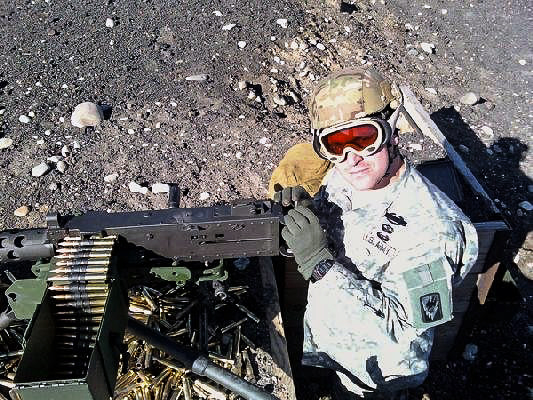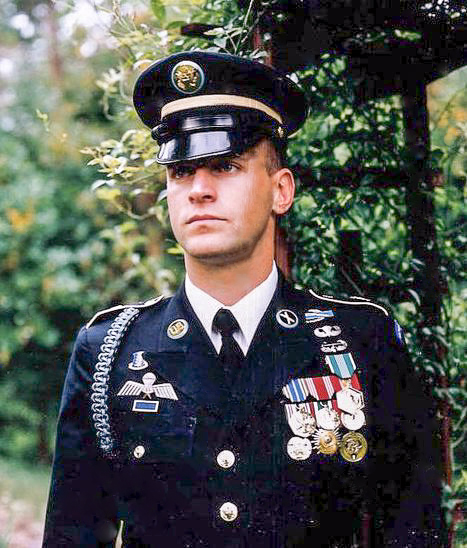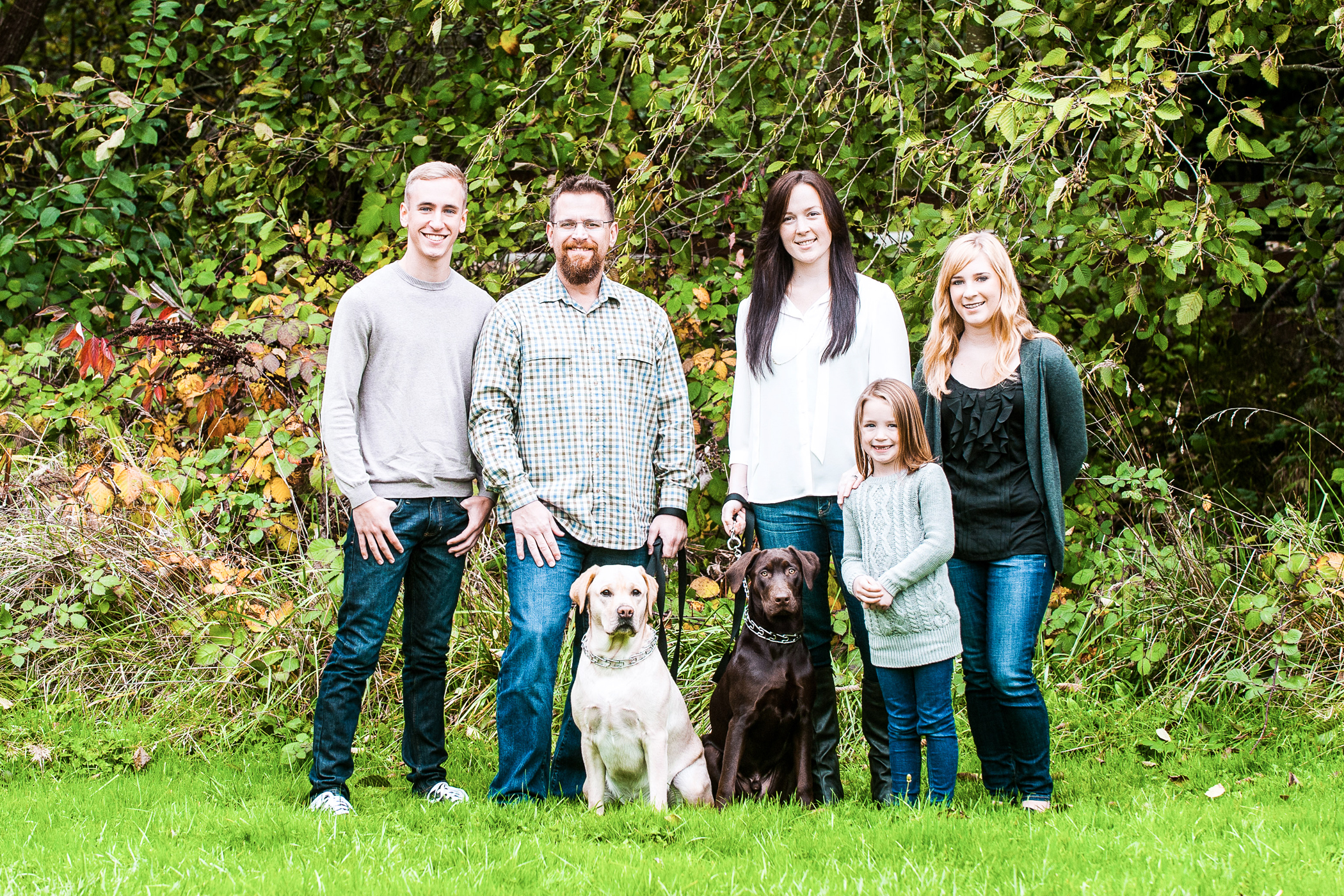Gevin Parker – Tacoma Class 2
When we last spoke with Gevin Parker back in August 2014 (see https://goo.gl/951ajh), he had retired from a 24-year military career and was setting out on a journey to become a physician assistant through the MEDEX Northwest physician assistant training program. Gevin and his 22 classmates were excited and proud to be part of what was only the second class to convene at MEDEX Northwest’s Tacoma satellite on the University of Washington’s Tacoma campus.
Now, some 16 months later, we meet up with Gevin Parker again, this time on the other end of his recently completed didactic year, and already two months into the 4-month family practice rotation of his clinical year with the Family Medicine Residency Program at the Providence St. Peter Hospital in Olympia, WA. We ask Gevin right off the bat what it’s like to be out of the classroom and in the clinical setting. “In a word, amazing!” he answers.
Dr. Devin Sawyer is Gevin’s preceptor at Providence St. Peter. As the Program Director of the residency program, Dr. Sawyer’s range of involvement with patients and students alike is extensive, and so Gevin has had a wide range of opportunities to shadow, observe and learn under Dr. Sawyer’s example.
A family medicine preceptorship at Providence St. Peter also includes the opportunity to work alongside first, second and third year residents who are assigned to patients both in the hospital and in clinic. “And then there are what are called ‘faculty providers’ here as well,” Gevin explains. “So in addition to shadowing Dr. Sawyer, I get to shadow third year residents, and to shadow MDs, DOs and Nurse Practitioners as well. I do inpatient rotations two mornings a week, to see all of the St. Peter Family Medicine Clinic patients who have been admitted to the hospital, then follow up on them with an attending provider and a third year resident. So I’m getting far more exposure to multiple facets of medicine than, say, if I just worked with Dr. Sawyer in his clinic every day for four months.”

We ask Gevin to reflect on the year leading up to this preceptorship, and his experiences in the didactic classroom.
“Well, it’s interesting,” he says. “Everyone said things like, ‘Make sure you develop a study group, and make sure you do this or that.’ Well, I didn’t do any of those things. I have a family, and I knew that the clinical year would be even busier. So I went to class, I left class, I got in my car, and I went home. I would take about two hours to have family time and dinner, and then around 7:00 pm, I was in my office until about midnight, studying on my own. I didn’t do the library, I didn’t do extra class time, I didn’t do study groups except for a few occasions that I studied with other classmates, but the vast majority was on my own.”
We think back on what we previously learned about Gevin Parker’s military service and medical training: served 24 years in the military, 10 years as an infantryman in the U.S. Army, and then 14 years as a medic with the Washington Army National Guard, went to paramedic school at Tacoma Community College in 2001, graduated in 2002, then worked for both American Medical Response and Rural Metro in Pierce County.

Then, he retired from the military and took a job as a case manager for the Washington Army National Guard at their Medical Command, where he remained for one year prior to joining MEDEX. Might all this experience have influenced and assisted in his adopting this “do it on my own” approach to absorbing large amounts of information? Didn’t he already know a lot of it from experience?
“In some respects, yes,” Gevin says. “But both as a paramedic and as an Army medic, you know a broad but relatively shallow amount of information. You have to be really good at some things, but kind of good at a whole lot of other things. Our cardiac classes, EKG rhythms, all those things, those were very easy for me. But when we start getting into how the ions shift back and forth, and what causes all of those things, then it’s ‘Oh, I didn’t learn that in paramedic school!’ So there was a learning curve.”
“But both as a paramedic and as an Army medic, you know a broad but relatively shallow amount of information. You have to be really good at some things, but kind of good at a whole lot of other things.”
And as that curve has extended into clinical rotations, it would appear that Gevin’s style of learning is being applied here as well. “I’m the kind of learner that, maybe give me a couple of tidbits, and then be there to answer questions if I have any. Other than that give me the opportunity to go and do and figure it out on my own. It makes things make sense when they say, ‘Check this,’ and you say, ‘Why am I checking that?’. And then you check it and you can see, ‘Oh!’. You can see the results. So the transition from classroom to clinic, it’s been awesome.”

While we look forward to seeing Gevin and his classmates graduate and become certified PAs at the end of this coming summer, we wonder what sort of medicine he might want to be practicing when that time comes. “I’m still a very young PA student in my very first clinical rotation. Following this, I’ve got six other rotations of different types of specialties. So I’m trying to stay open-minded. But that said, I do want to stay local. I live in Tumwater. I have a third grader. My two older kids are in college, so they’re on their own.”
After a pause, Gevin adds “But at this point, I want to do pediatrics. And a quick second place: I am enjoying family medicine. And I’m beginning to feel that, because in family medicine I get to see the full spectrum of life. They deliver babies; they deal with hospice—the full spectrum. And I’m enjoying learning that whole thing, rather than just learning pediatrics. That’s a relatively narrow scope. So, we’ll see.”

